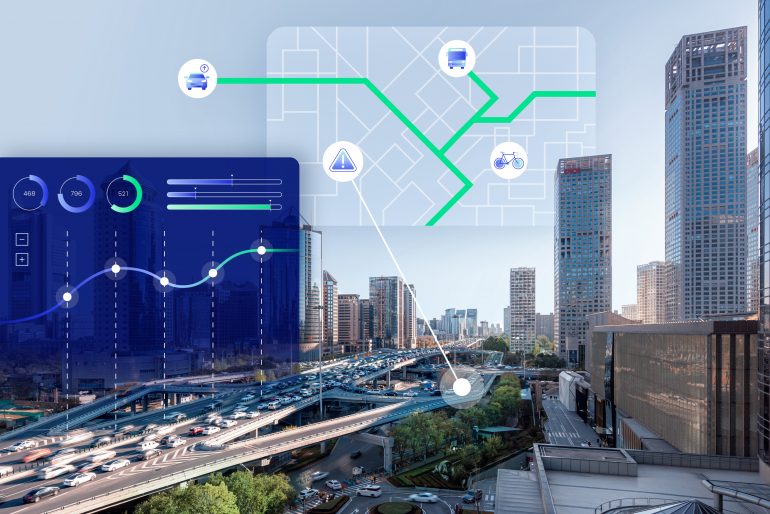Artificial Intelligence (AI) has become a game-changer across various industries, and the airline sector is no exception. The integration of AI in airlines is revolutionizing the way airlines operate, enhancing customer experience, and streamlining operations. This article explores the multifaceted impact of AI on the airline industry.
Operational Efficiency
AI has significantly improved operational efficiency in airlines. Machine learning algorithms can predict maintenance needs, reducing unexpected delays and cancellations. AI-powered systems can also optimize fuel efficiency by analyzing weather patterns and suggesting optimal flight paths. Moreover, AI can automate routine tasks, freeing up employees to focus on more complex issues.
Customer Experience
AI is reshaping the customer experience in airlines. AI-powered chatbots provide instant responses to customer queries, improving customer service efficiency. Personalized marketing, powered by AI algorithms analyzing customer data, allows airlines to offer tailored promotions and services. Furthermore, AI can enhance in-flight entertainment systems, offering personalized content based on passenger preferences.
Safety and Security
AI plays a crucial role in enhancing safety and security in airlines. AI algorithms can analyze vast amounts of data to identify potential security threats. Facial recognition technology, powered by AI, can streamline the security check process while enhancing security. Moreover, AI can assist pilots by providing real-time data analysis and decision-making support, improving flight safety.
Predictive Analytics
Predictive analytics, powered by AI, is a game-changer for airlines. It allows airlines to forecast demand accurately, enabling them to optimize pricing and improve revenue management. Predictive analytics can also help airlines manage their workforce more efficiently, predicting peak periods and scheduling staff accordingly.
Sustainability
AI can contribute significantly to the sustainability efforts of airlines. By optimizing flight paths and improving fuel efficiency, AI can help reduce the carbon footprint of airlines. Moreover, AI can assist in waste management by predicting waste generation and suggesting optimal waste management strategies.
Conclusion
The impact of AI on airlines is profound and far-reaching. It is revolutionizing operations, enhancing customer experience, improving safety and security, enabling predictive analytics, and contributing to sustainability efforts. As AI technology continues to evolve, its impact on the airline industry is set to increase, paving the way for a more efficient, customer-centric, and sustainable airline industry.
About Author
You may also like
-
Electric ATV Vehicle for Adults Redefining Personal Off-Road Mobility
-
Global Solutions for International Container Door to Door Shipping
-
Exploring the 306 hp Version of the Audi Q5 e-tron: Performance Meets Practicality
-
Why Businesses Are Investing in Customized Warehousing and Distribution Solutions
-
FBA Forwarding Services Explained: Shipping, Customs, Warehousing & Compliance Tips

